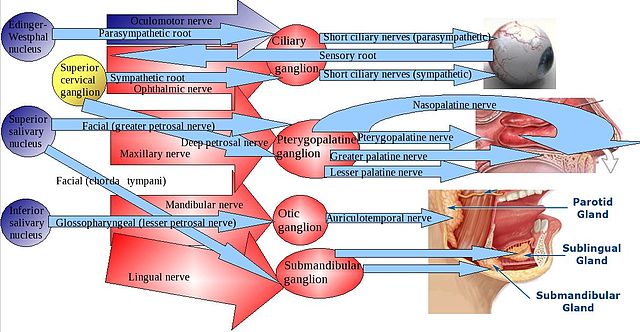Important points: Mnemonics: 1. COPS 3977 2. C is 3rd letter hence related to cranial nerve III 3. S for Sphenopalatine and Submandibular and S for Seven and is related to Superior Salivatory nucleus 4. All postganglionic fibers are carried by trigeminal nerve (Cranial nerve V) Ganglion Nucleus Pre-ganglionic Post-ganglionic…
Category: PGMEE, MRCS, USMLE, MBBS, MD/MS
Medical knowledge in bullet points with understandable language, simplified images and graspable mnemonics.
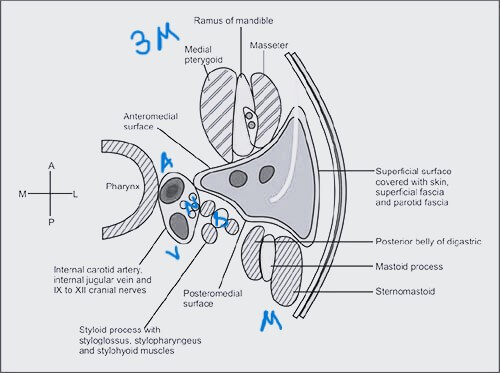
Parotid Gland : Mnemonics
Relations Anterior: 3 “M” Posterior: Mastoid and attachments Medial (Parotid bed): VANS Structures traversing the parotid gland Mnemonic: FACER Parotid gland innervation 1. Parasympathetic: Secretomotor (from Otic ganglion) – Serous, water rich saliva Mnemonic: PAR–O–T–Id G–L–And PARotid gland ← Auriculotemporal nerve ← Otic ganglion ← Lesser petrosal nerve ← Tympanic…
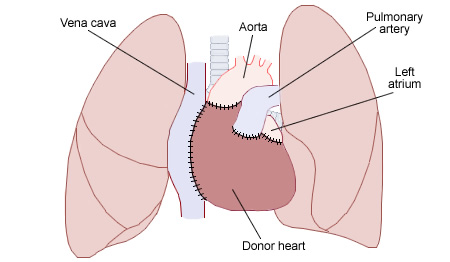
Organ Transplant Complications and Rejection
Types of Transplant Rejection Type Time Mechanism Pathology Hypersensitivity Management Host against Graft (Host vs Graft) Mnemonic: TIA Hyperacute Immediate (<5 days) Anti-donor antibodies in recipient Thrombosis and Obliteration of blood supply Type II UntreatablePrevent by cross-matchingRemove graft Acute (most common) < 6 months (most common in 1st month) Anti-donor…
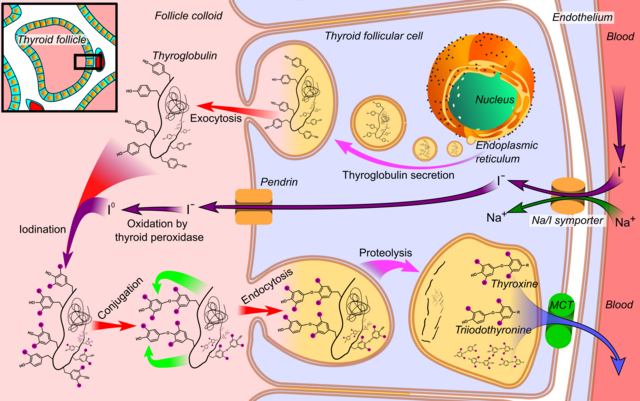
Thyroid Hormone Function & Synthesis : Mnemonics
Thyroid Hormone Functions Mnemonic: 7 X B’s Thyroid Hormone Synthesis Mnemonic: ATE ICE 1. Active transport of iodide: 2. Thyroglobulin (rich in Tyrosine): formed in follicular ribosomes 3. Exocytosis of thyroglobulin into follicular lumen: stored as colloid 4. Iodination: Peroxidase enzyme – 5. Coupling: 6. Endocytosis: of T3 and T4…
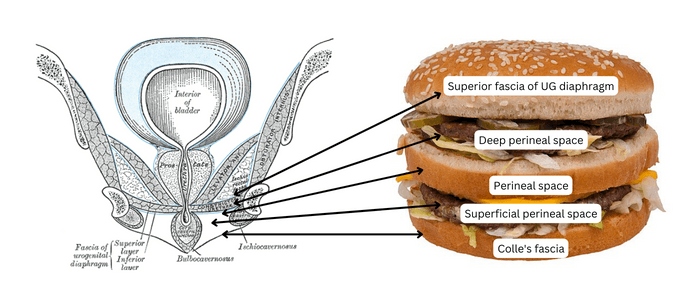
Superficial and Deep Perineal Space or Pouch
Superficial and deep perineal space is located in the urogenital triangle, the boundaries of which are: Analogy: Remember a big mac. It has 3 layers of BUN and 2 hamburger PATTIES. Posteriorly, all 3 Fascias are attached to the perineal body, closing the spaces. Superficial Perineal Space Mnemonics: 1. Superficial…
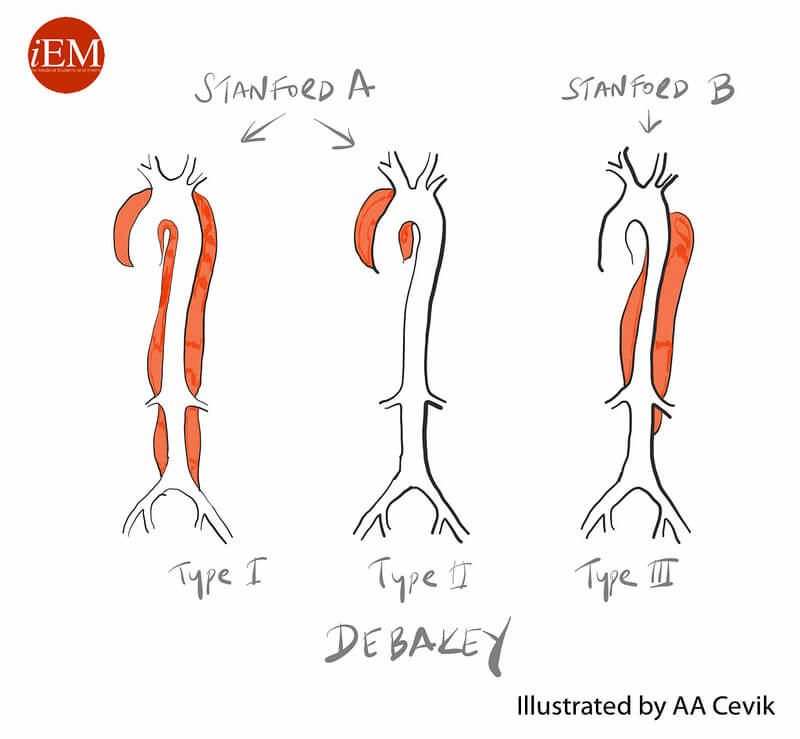
Aortic dissection
Risk factors Mnemonic: ABCDE Pathophysiology Intimal tear allows blood to enter between intima-media space creating a false lumen. Blood may propagate proximal or distal to tear. Clinical features Investigations Classification and Management Stanford DeBakey Description Frequency Management Mnemonic: BAD Mnemonic: A for A; B for B A (Ascending aorta involved)…
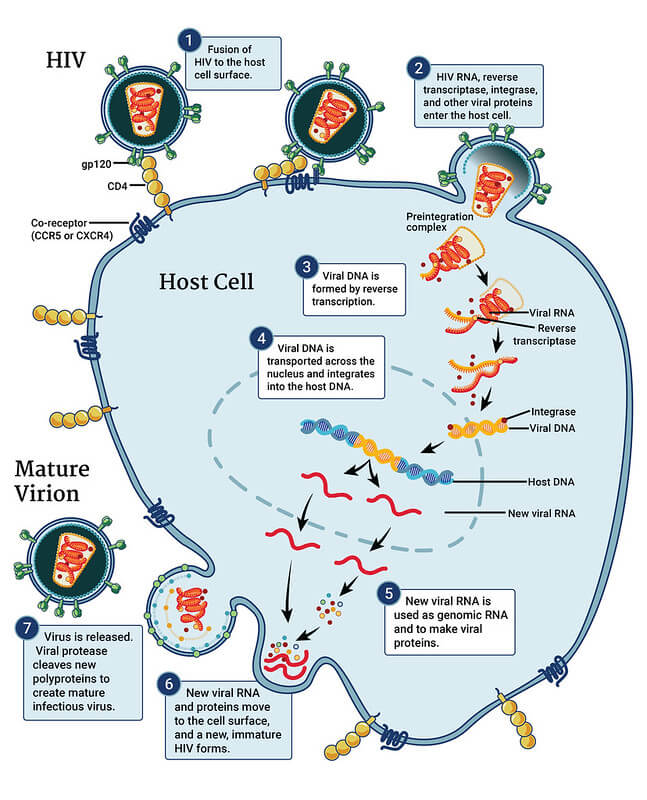
HIV Replication and Antiretroviral Drugs
HIV Replication and Antiretroviral Mechanism of Action Mnemonic: AFRITAB 1. Attachment (to CD4 cells) 2. Fusion (enters CD4 cells and dump it’s contents – RNA and reverse transcriptase) 3. Reverse transcription (1 strand RNA becomes 2 strand DNA) 4. Integration (HIV DNA integrates into human’s CD4 cell’s DNA) 5. Transcription…
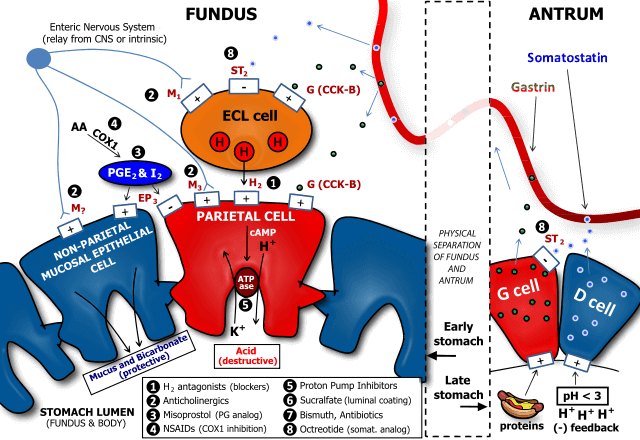
Gastric Acid Secretion Made Easy
Steps for gastric acid secretion by parietal cells 1. H+ and HCO3- are produced from CO2 and H2O. 2. H+ is secreted into the lumen by H+/K+ ATPase pump. 3. HCO3- moves out of the cell, across the basolateral membrane via antiport with Cl-. 4. Cl- diffuses passively into the…
